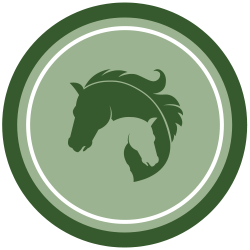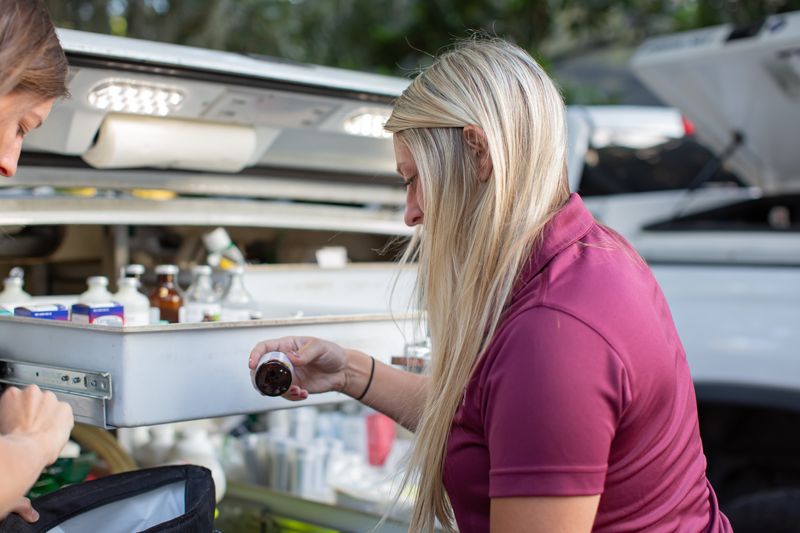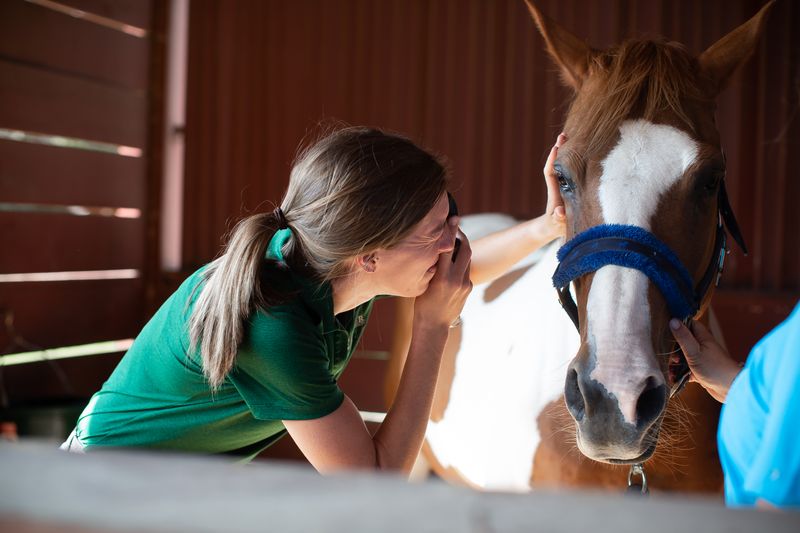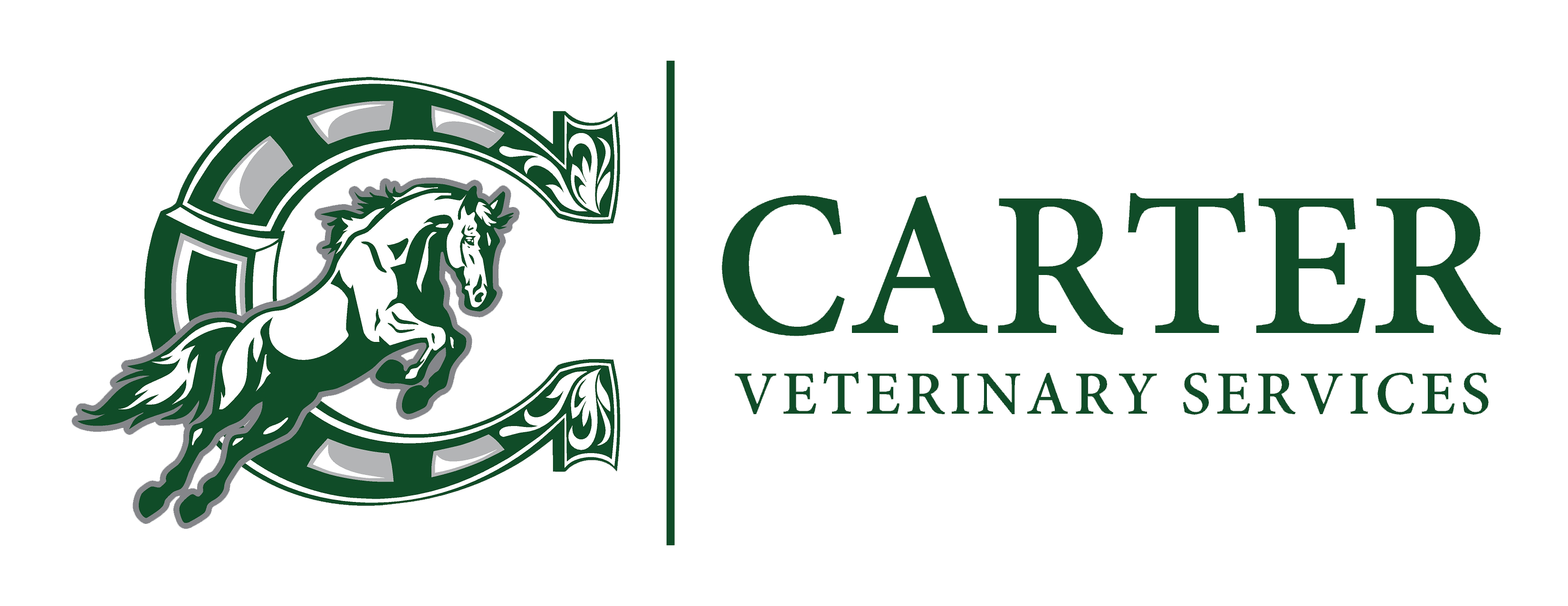Emergency Services
Your 24/7 Emergency Large Animal Veterinarian
After Hours Emergencies
Call for 24/7 emergency vet services!
What to Do During an Animal Medical Emergency
Remain as calm as possible as you gather as much information as you can before calling the vet. The more information you can provide, the faster we’ll be able to identify what is wrong and what needs to be done.
Identify the severity and duration of the symptoms
Check the vital signs of your animal — temperature, heart rate, mucous membrane, respiratory rate.
Don’t forget to mention any medications your animal is on during the call
If we don’t answer or call back within 15 minutes, please call again
Our Vet Services

Acute Abdominal Pain (Colic)

Non-Weight Bearing Lameness

Lacerations/Wounds

Dystocia (Difficult Birth)

Respiratory Distress

Equine Choke

Down Horse

Tying Up (Severe Muscle Cramping)

Serving the Lowcountry, including:
Bluffton
Hilton Head
Beaufort
Savannah
Richmond Hill
St Helena Island
Ridgeland
Statesboro
Pooler
Rincon
Effingham County
And more!
How to Treat Common Equine Medical Emergencies
Remember: the first step is almost ALWAYS to call your local veterinarian, at the very least to have a conversation and determine or confirm the best things to do.
After Hours Emergencies
“Colic” is a term that encapsulates any condition causing your horse or cattle gastrointestinal pain. There are a few main causes of colic, all with varying degrees of severity. Being able to identify the most likely causes of colic is often the first step in treatment.
Impaction — When the intestine distends or expands, causing your horse pain, caused by a food blockage.
Gas Colic — Similar to impaction, this is blockage in the gut that, while painful, typically resolves itself easily without any medical procedures. In both cases, however, rectal exams and removing excess manure may help promote movement.
Bowel rupture — If your horse has been suffering from an unresolved impact or gas colic, it can lead to bowel rupture. At this point, your animal needs to be at a hospital and be preparing for surgery. Any delays risk being fatal.
Twist — This is when the large intestine twists around itself, cutting off blood supply and trapping food and gas in the intestine. The intestine won’t distend right away, so the horse may not immediately show signs of being in pain.
So what are the signs and how do you treat colic? The most obvious signs are:
The animal hasn’t passed any manure in a while
They are rolling around or kicking at their stomach, or looking at it with an anxious gaze
Disinterest in eating
Pawing
If your animal is showing signs of colic, they may want to quietly lie down, that’s okay. Contact us to discuss the best way to treat your horse. We may recommend medication oremergent care.. Be ready with your truck and trailer, in case the animal is deemed to need emergency surgery.
Notice: Carter Veterinary Services can help with some surgeries, but, we will recommend a clinic or hospital for more serious surgeries to ensure your horse gets the best vet care possible for their condition.
Non-Weight-Bearing Lameness
Most non-weight bearing lameness is caused by:
Fractures
Sole abscesses
Infections
Severe bruises
Do not force your horse to move at all, if they are suffering from lameness. They are likely in a lot of pain and need veterinary assistance immediately. Keep an eye out for swelling in the limbs, but be aware that it may be difficult to recognize. Allow the horse to stand quietly until the vet arrives. Ask the vet about whether or not the horse needs pain medicine in the meantime. The main thing for you to do with a severely lame horse is not force them to walk more than a few steps, unless absolutely necessary.
Lacerations/Wounds
Treating lacerations, wounds, and bleeding in horses and cattle is to be done much the same way as you would treat a child suffering the same condition:
Stop the bleeding with direct pressure and a bandage
Keep the bandage on there; don’t remove it to look at the injury
Unless otherwise instructed, do not apply a tourniquet
Wash wounds with cold water
Don’t put ointment on the wound, as that makes it more difficult to see and to suture
When calling us about an animal that has been wounded or is bleeding, please have the following information ready:
Location of laceration or wound
Depth of wound
Is the horse showing signs of lameness?
Is the horse in a safe location?
Dystocia (Difficult Birth)
A foaling mare is in a critical state. If the foal is not out within twenty minutes of the horse’s water breaking, call your local equine vet immediately. The presence of a vet during this process may be crucial for the survival of the mare and foal. If the foal is presented in any way besides with front feet first, professional veterinary support is a practical necessity. 99% of the time, foaling goes smoothly. However, a difficult birth can be catastrophic.

Our Role
The role of your veterinarian in emergencies is to diagnose and treat your animal promptly, accurately, and effectively. Emergency situations can be challenging for even the most experienced of veterinarians, not to mention very emotionally-charged for owners. Our role is to do everything we can to ensure the health and full-recovery of your animal.
Carter Veterinary Services provides the comprehensive large animal care to meet the needs of our South Carolina and Georgia community. Timely veterinary care is crucial for detecting and preventing issues that could be fatal if left untreated.
Equine Emergency
Whether you need after-hours emergency care or support during normal business hours, we’re here to help. We offer 24/7 emergency vet services every day of the year. Reach out to us ASAP if you are in or around the Lowcountry and your horse or other large animal is suffering. We will provide you the emergency medical support you need.


